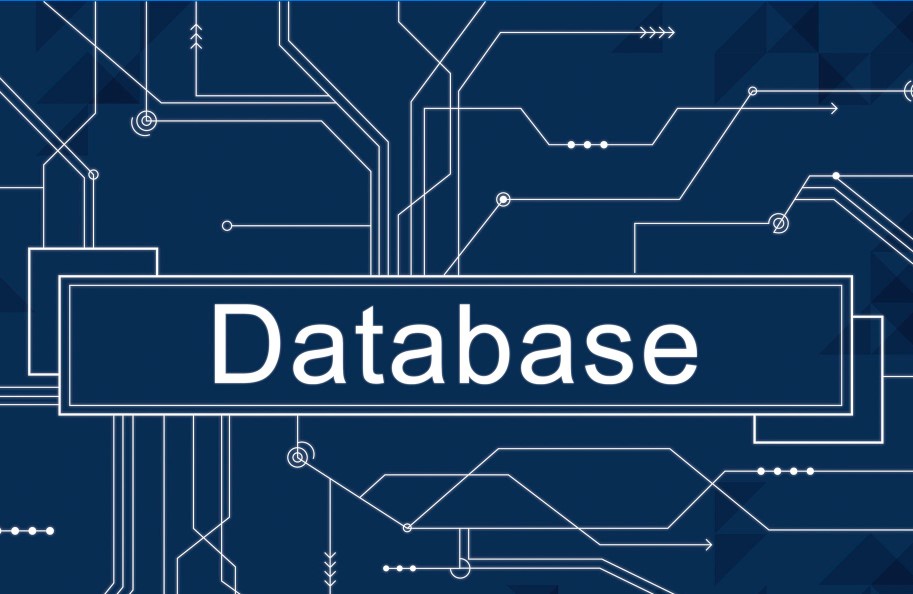When considering a migration from Oracle to PostgreSQL, one of the crucial aspects to address is the disparity in data types between the two database management systems (DBMS). While both Oracle and PostgreSQL offer a wide array of data types to support various data storage needs, they differ in their implementations and supported types. Understanding these differences is fundamental to ensuring a smooth and successful migration process.
Oracle Data Types
Oracle, a widely used relational database management system, provides a comprehensive set of data types tailored to diverse requirements. Some of the commonly used data types in Oracle include:
1. NUMBER: This data type is used to store numeric values, including integers and decimals. It offers precise storage and arithmetic operations.
2. VARCHAR2: Ideal for storing variable-length character strings, VARCHAR2 efficiently manages character data.
3. DATE: Oracle’s DATE data type stores dates and times with millisecond precision, enabling accurate temporal data storage and manipulation.
4. CLOB: Character Large Object (CLOB) is suited for storing large amounts of character data, such as text documents or XML files.
5. BLOB: Binary Large Object (BLOB) facilitates the storage of large binary data, including images, audio, and video files.
PostgreSQL Data Types
PostgreSQL, an open-source object-relational database system, offers a rich assortment of data types designed to handle diverse data storage needs. Some key data types in PostgreSQL include:
1. INTEGER: Similar to Oracle’s NUMBER data type, INTEGER is used for storing whole numbers within a specified range.
2. VARCHAR: PostgreSQL’s VARCHAR data type serves the same purpose as Oracle’s VARCHAR2, providing variable-length character string storage.
3. TIMESTAMP: TIMESTAMP in PostgreSQL stores date and time information with microsecond precision, akin to Oracle’s DATE data type.
4. TEXT: Comparable to Oracle’s CLOB, TEXT in PostgreSQL is utilized for storing large amounts of character data.
5. BYTEA: BYTEA is PostgreSQL’s equivalent of Oracle’s BLOB, allowing the storage of large binary data.
Migration Challenges and Solutions
When migrating from Oracle to PostgreSQL, handling data type disparities is a critical challenge. Failure to map data types accurately can lead to data loss, truncation, or inconsistencies. However, employing an effective migration tool can streamline this process.
One such tool is the ESF Database Migration Toolkit, a comprehensive solution designed to facilitate seamless migration between different database platforms. Its features include:
1. Automated Schema Conversion: The toolkit automates the conversion of database schemas, including data types, ensuring compatibility between Oracle and PostgreSQL.
2. Data Type Mapping: ESF Database Migration Toolkit provides predefined mappings for common data types, simplifying the conversion process. Additionally, it allows users to customize mappings based on specific requirements.
3. Validation and Testing: Before finalizing the migration, the toolkit facilitates validation and testing of the converted schema and data, enabling users to identify and rectify any discrepancies.
4. Incremental Migration: For large databases, the toolkit supports incremental migration, allowing users to migrate data in manageable batches while minimizing downtime.
Conclusion
In conclusion, while Oracle and PostgreSQL offer similar functionalities, their differences in data types necessitate careful consideration during migration. By leveraging tools like the ESF Database Migration Toolkit, organizations can mitigate the challenges associated with data type disparities and execute a successful migration from Oracle to PostgreSQL. With proper planning, testing, and utilization of appropriate migration tools, businesses can transition seamlessly to PostgreSQL while preserving data integrity and minimizing disruption.





